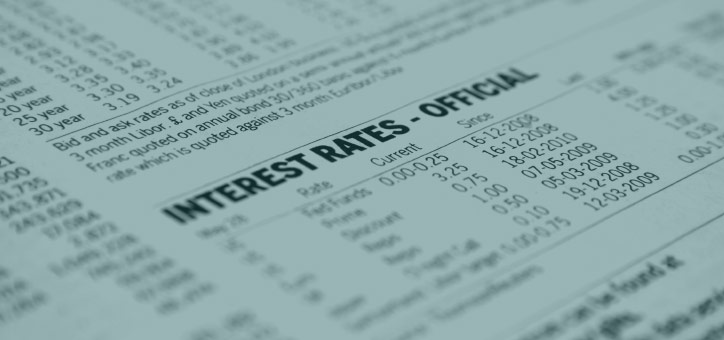“Specialization” might be a term you have read in an economics textbook or newspaper article, but do you know what it means? And do you know why it is such an important term?
To answer these questions, let’s start by taking a look at the definition of specialization. The term generally means focusing on becoming an expert in one subject or skill. In economics, the term gets extended to entire businesses that focus on one area or product.
By learning more about economic specializations, you will have a better grasp on the following:
- The different types of specialization in regards to the economy
- The impact specialization has on businesses
Related: Ultimate Guide to Economics
Types of Economic Specialization
Two types of economics play an important role in this field of study: macro vs. micro. And economic specializations play a different role in each. It’s important to know the fundamental differences between the two.
Macroeconomics
Macroeconomics looks at national and international economics at a larger and more general scale. So, the macroeconomic version of specialization looks at how entire countries might specialize in a certain area. For example, some countries may focus on creating electronic parts for cellphones and computers. That country will outpace others in this field because they have higher quality and quantity of service. Their production could outperform countries who have diversified and can’t compete with their electronic parts supply chain. These nations usually specialize in order to focus on a particular global need.
Microeconomics
Alternatively, microeconomics focuses on individuals and small businesses. The majority of businesses choose to specialize in products or services that match their needs. For example, a carpenter might create a handyman business because he is an expert repairman. It’s not likely that he’s going to start a bakery because that is not his area of interest. Even workers inside a business will specialize. One person might strictly work on the assembly line putting together a certain part of a car, and that is it. They are specialized in that specific task. That worker will get really fast and efficient at doing this job, adding to the overall value of the company.
Related: Why Study Economics?
Impact of Specialization

Many economists believe that economic specialization is extremely important for economic growth and efficiency, but there are some drawbacks to it as well. Below we will look at the advantages and disadvantages of specialization in an economy.
Benefits
Increased Output
Think about your pencil manufacturer. How many pencils do they make a day? Do they make each individual part of the pencil? No. If the pencil manufacturer had to make each individual part, they would be putting out way fewer pencils. That is why specialization is important. It means a company can stick to making one part of a product effectively and efficiently, and they are able to increase the amount of goods they make annually. The overall supply chain becomes smoother, and the prices of goods go down. These specialized companies are able to create a higher quantity of better products because they are able to focus all their energy on that product or service.
Absolute Advantage
This phrase is used to describe when a company produces more of a good or service at the same or lower cost than their competitor. While a company may have the resources to create all parts of a particular product, it would benefit then more by specializing in one particular aspect of the product. Absolute advantage is quite similar to comparative advantage, which factors efficiency into the mix. Companies save time and money when specializing.
Competition and Lower Prices
As companies specialize in one product or component, they can reduce the cost of production while at the same time producing more products than ever. They will pass the savings off to you by offering their product at a lower cost. Likewise, as companies specialize, other companies will be created to provide the goods or service that is missing on the market and fill in any gaps.
Disadvantages

Loss in Demand
A downside to economic specialization is how quickly the market can turn. New companies and innovative products are popping up daily. If your company specializes in one particular product, you might be priced out of the market with no way to diversify quickly. If people no longer need your product (think gas lamps), those companies can’t sustain themselves without quickly shifting focus elsewhere. And for many, changing focus is not possible, and they are not able to continue on.
Complacency
When thinking about complacency, think about the individual employee whose job becomes overly routine. Remember our example above about the assembly line worker, whose sole job is to twist a few screws for hours on end. This type of rote work can breed complacency, which leads to easy mistakes because their mind is no longer focused on their task. This could lead to injury or a loss of money. People thrive on taking on new challenges and new experiences, so having employees specialize in one area can lead to non-innovation.
Political Vulnerability
Political vulnerability is very prevalent in the United States, as the US has begun to outsource a lot of its manufacturing to other countries. If you rely on another country for a product because they are the only ones creating them, you are a marked disadvantage. You are reliant on their goodwill and their country’s infrastructure. For example, the United States does not create a single phone, so it relies on other countries for that good. What happens if that country increases prices? Or has an internal disruption to production? Then the United States doesn’t have phones, which is a critical part of today’s society. Understanding your companies’ political vulnerabilities is very important.
Related:





